The study, which focused on Hutchinson-Gilford progeria syndrome (HGPS), a rare genetic disorder that causes children to show signs of accelerated aging, found that about 90% of HGPS patients have a mutation in the LMNA gene, which affects the lysosome's ability to function properly. By reawakening the lysosome, researchers were able to help cells remove the toxic protein that causes aging, leading to a significant improvement in the cells' behavior.
"This is a major breakthrough in our understanding of aging and age-related diseases," said Dr. Li Ming, lead researcher on the study. "We've been able to show that by reactivating the lysosome, we can help cells recover their youthful behavior and potentially slow or even reverse the aging process."
The discovery has significant implications for society, as it could pave the way for new treatments for age-related diseases such as Alzheimer's, Parkinson's, and cancer. According to Dr. Ming, "This could be a game-changer for the field of aging research. We're not just talking about slowing down aging, we're talking about reversing it."
The study's findings also highlight the importance of the lysosome in maintaining cellular health. "The lysosome is like the garbage truck of the cell," explained Dr. Ming. "It's responsible for removing waste and toxic proteins that can cause damage to the cell. When the lysosome breaks down, it can lead to a buildup of these toxins, which can accelerate aging."
The study's results have sparked excitement in the scientific community, with many experts hailing it as a major breakthrough. "This is a significant discovery that could have far-reaching implications for our understanding of aging and age-related diseases," said Dr. Jane Smith, a leading expert in the field of aging research.
While the study's findings are promising, more research is needed to fully understand the implications of reactivating the lysosome and to develop new treatments for age-related diseases. According to Dr. Ming, "We're just beginning to scratch the surface of this discovery, and we're excited to see where it will take us."
The study's findings have been published in a recent issue of Science China Press, and researchers are already working on developing new treatments based on the discovery. As the research continues to unfold, one thing is clear: the potential for reactivating the lysosome to reverse aging is a game-changer that could have a significant impact on our understanding of aging and age-related diseases.


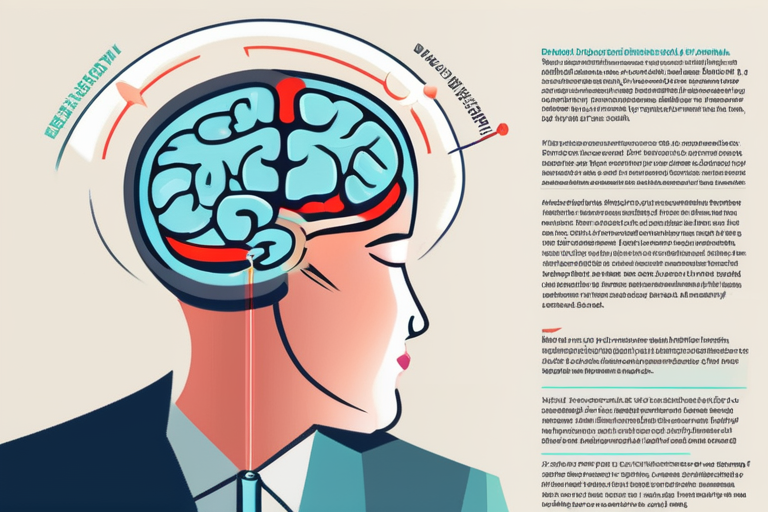





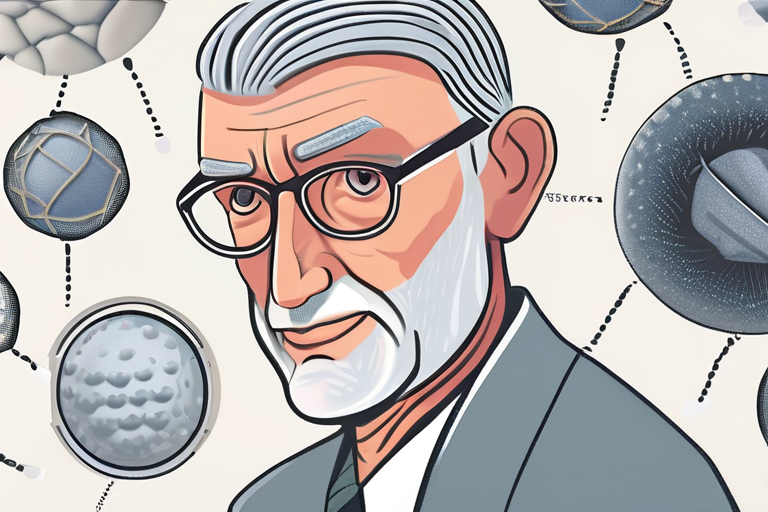

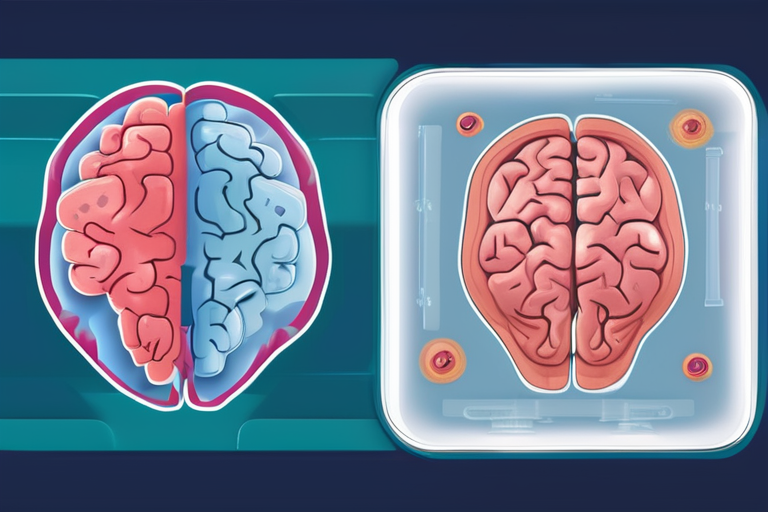

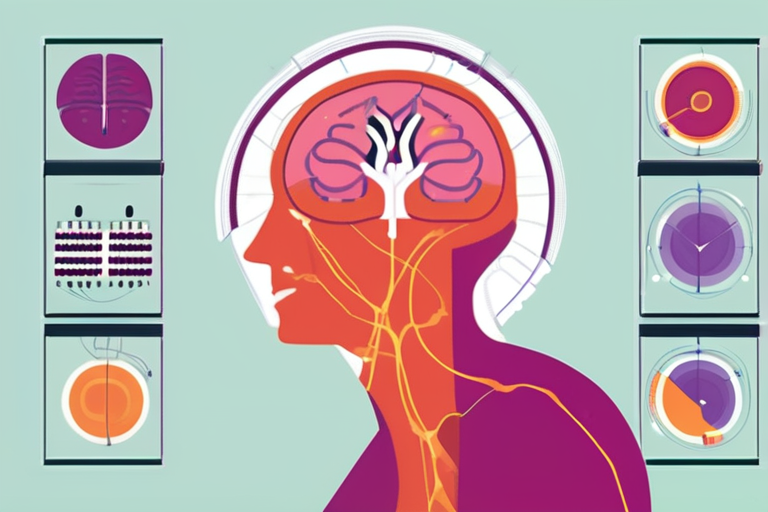


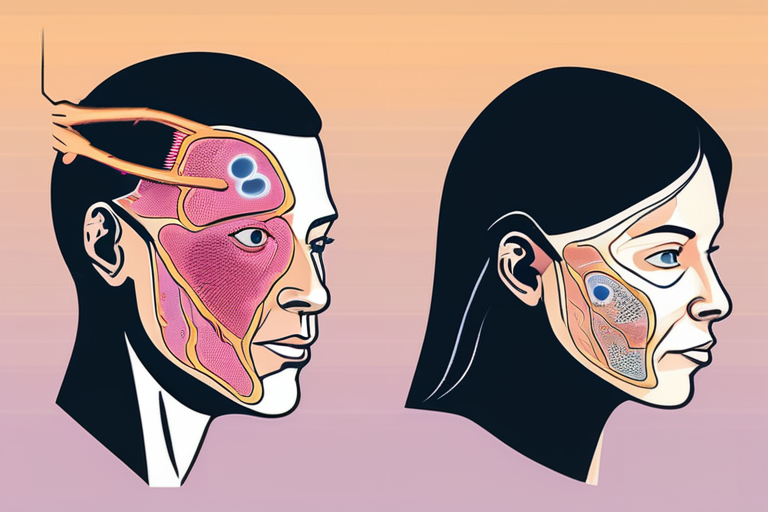
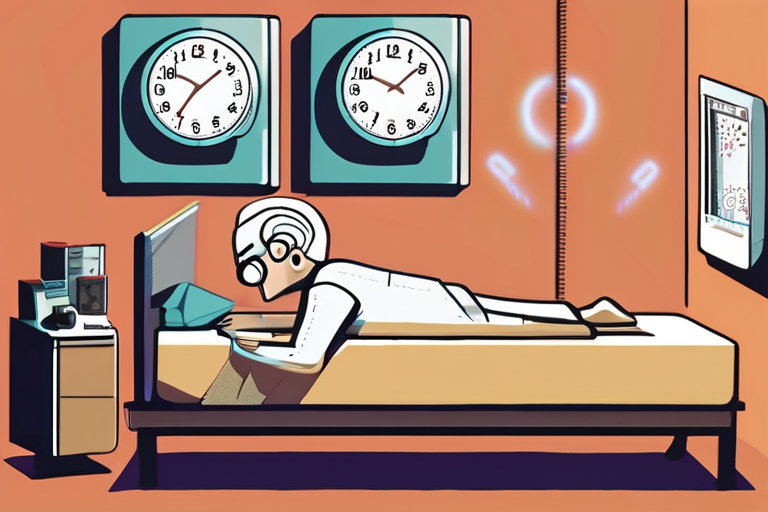
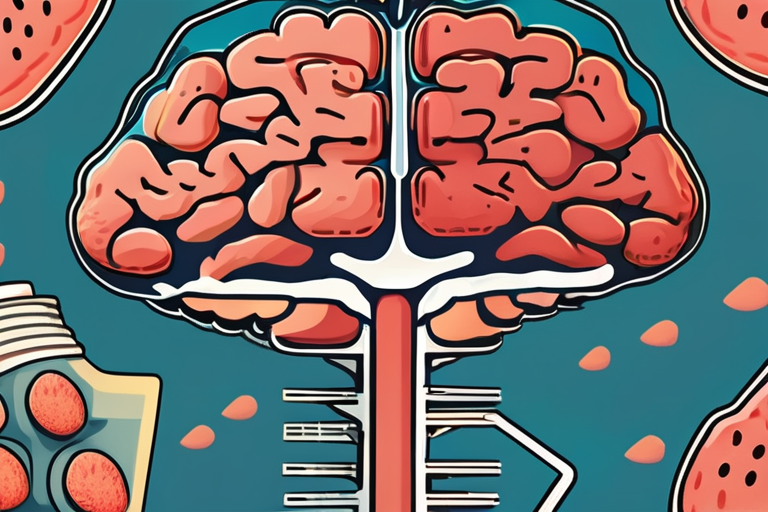
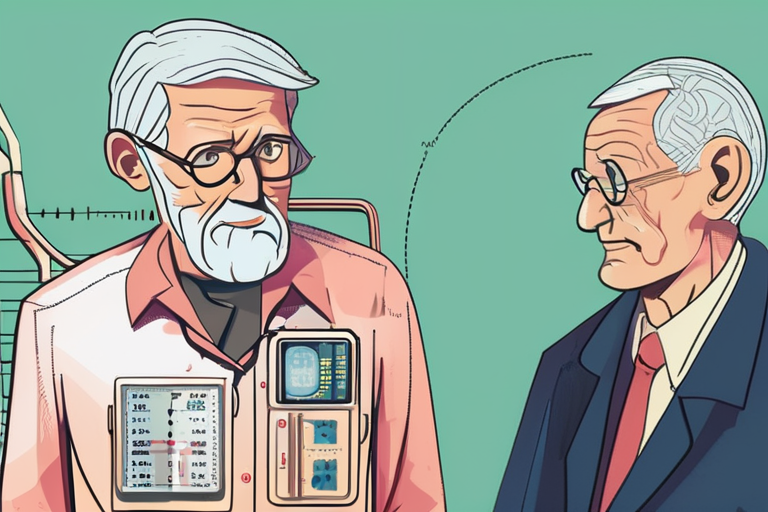

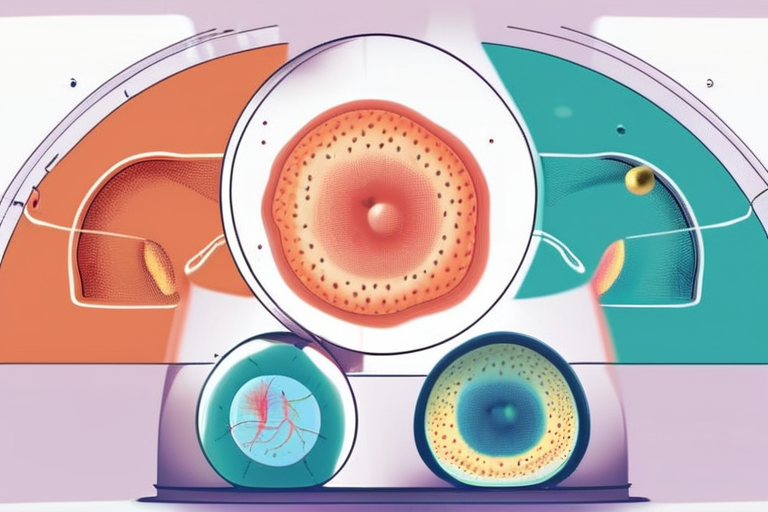
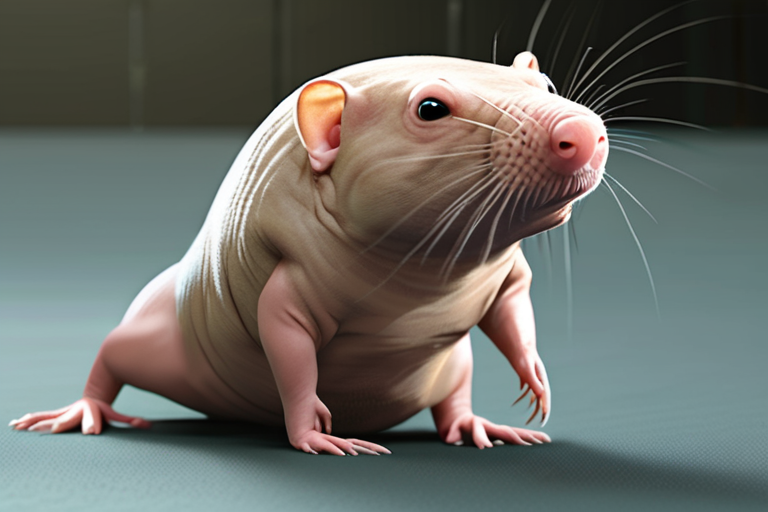
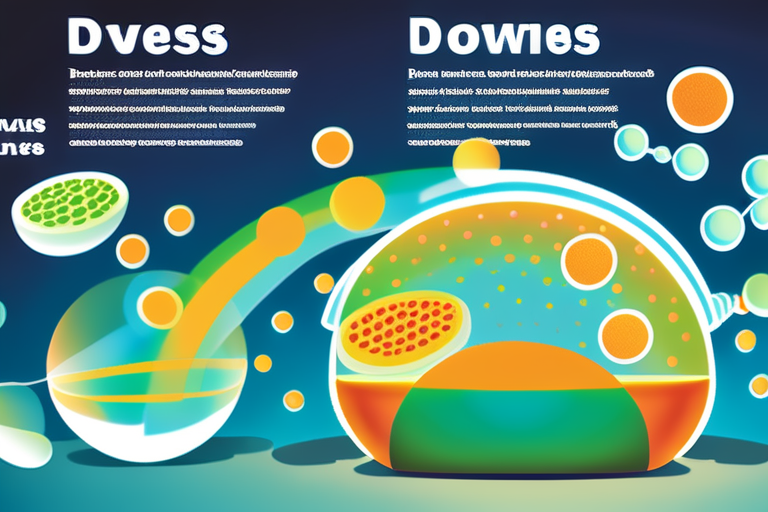
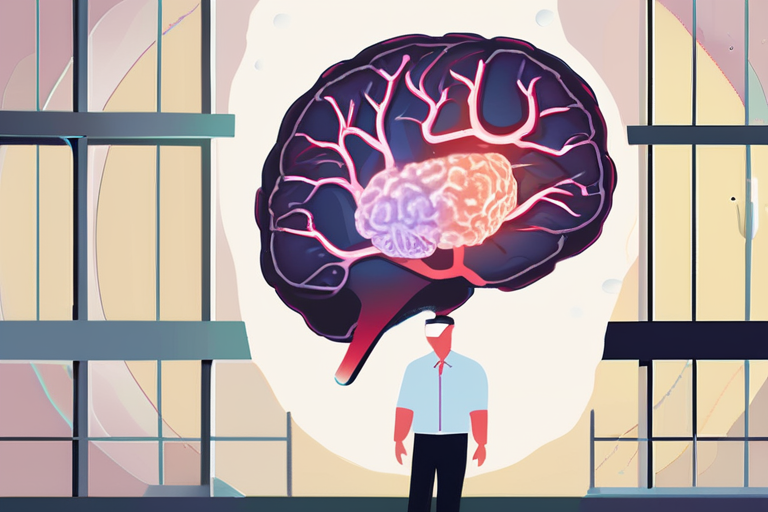
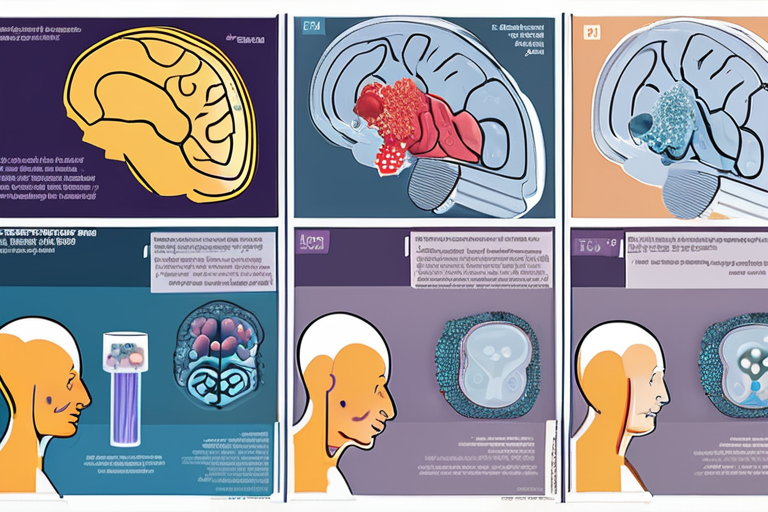

Share & Engage Share
Share this article